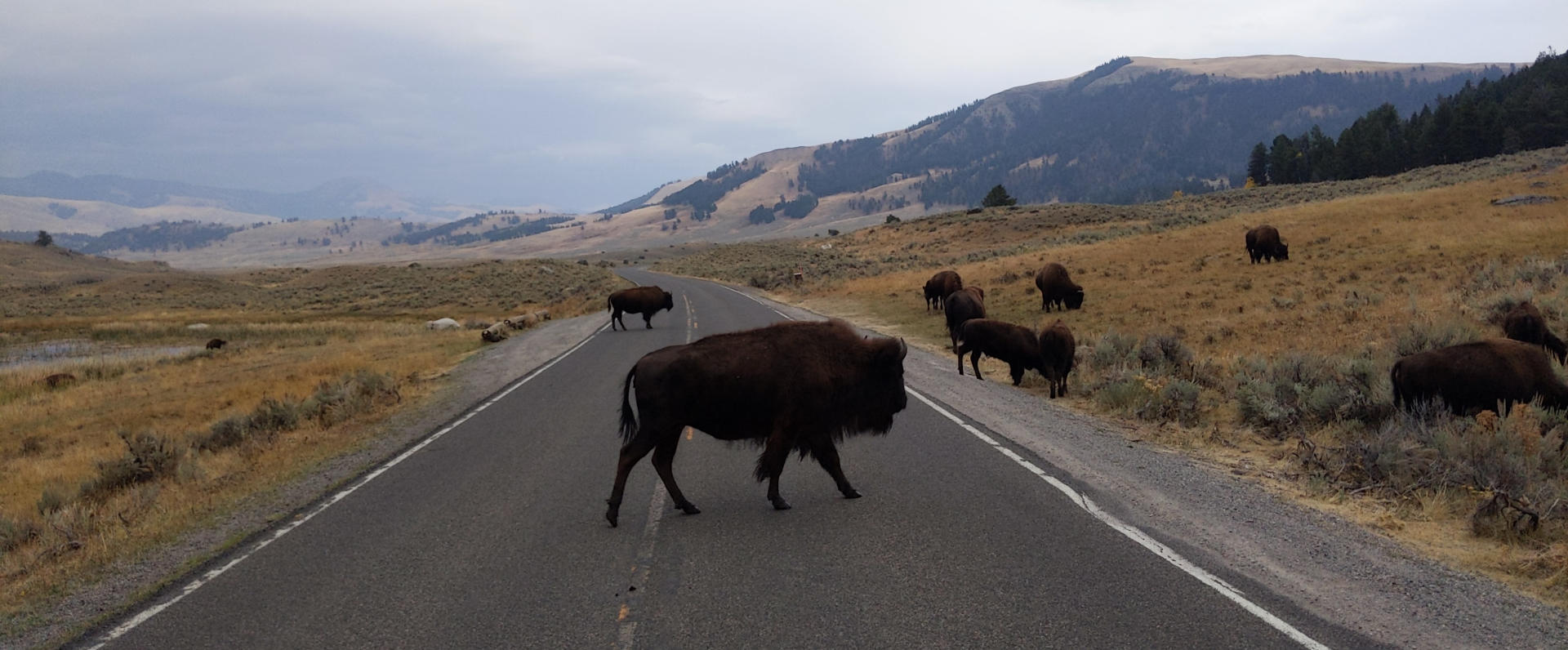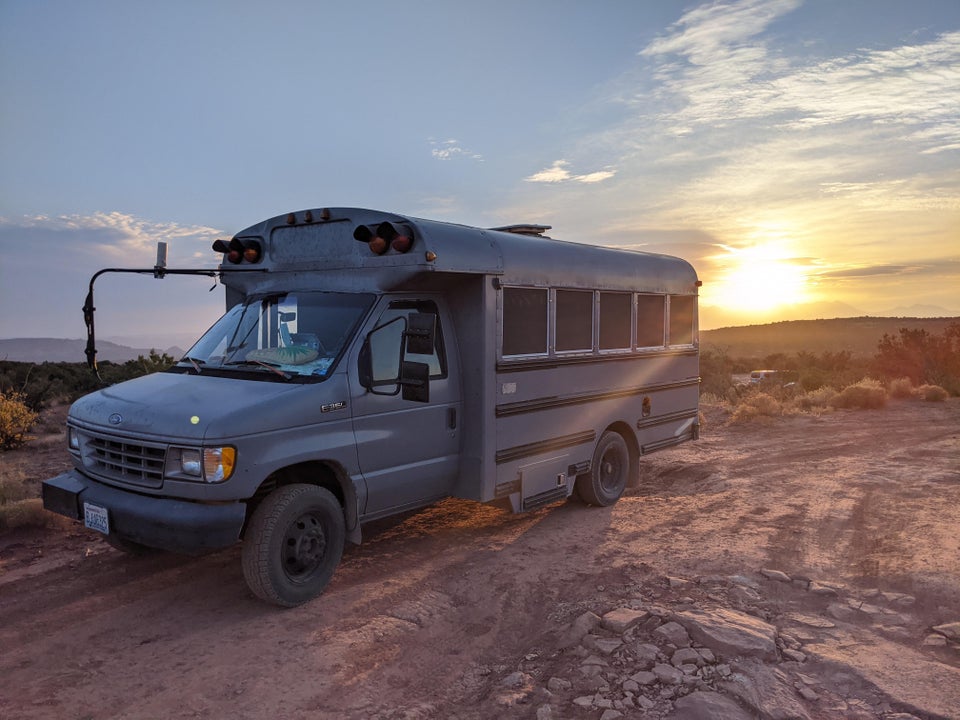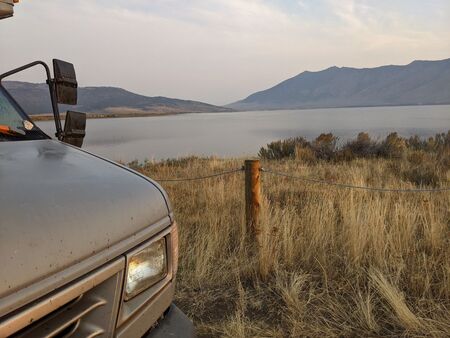Postgres Conference organizers come to us through a variety of channels, but they all have their own unique story and pathways. Unlike many of our organizers, Lindsay Hooper’s background is non-technical and focused on the logistics, partnerships, and outcomes of Postgres Conference. Read on to learn more about her and her non-profit organization of choice
What is your background?
I majored in art and film at Bucknell University, and I started my career working in art galleries in Manhattan. I quickly moved to events and marketing, and within a few years I started doing events and marketing for tech companies and startups.
What do you do in your full-time job?
I have my own events company called LRH Events, and most of my clients are either in the non-profit or tech worlds. Events are a great tool for gaining brand awareness and for creating community, but getting an event off the ground takes some serious marketing chops, and so I do marketing as well.
What’s your favorite part of Postgres Conference?
There’s so much to love about Postgres Conference. When it comes to the conference itself, I love the logistics and planning that goes into what the event actually looks like. I love everything from brainstorming what the conference should look and feel like, to coordinating with speakers, streamlining talks, and coming up with schedules.
Beyond the actual events, my favorite part is the People, Postgres, Data community that surrounds the organization. I’ve never experienced such a truly people-first group, and I think that that shows in the fact that this isn’t a twice a year conference - it’s a constant connection that’s focused on people, not just Postgres or open source technology.
How do you spend your free time?
I am based in NYC, which affords me the opportunity to spend a lot of my free time exploring the city’s restaurants and museums. I highly recommend an afternoon at The Met, followed by dinner down in the East Village at either Raclette or Dirt Candy.
Beyond that, I’ve been involved with a non-profit called Mouse for the last five years, so I also spend a few evenings each week working on fundraising and awareness initiatives. Mouse’s mission is to provide vulnerable youth with the computer science skills needed to enter and succeed in higher education and the high tech workforce. We are committed to fostering greater diversity and humanity in STEM and empowering youth - and all those that educate them - to access and amplify technology as a force for good.
How did you begin working with Mouse and what’s your role there?
I started working with Mouse five years ago when they launched the Diversity in Tech Awards, which is their annual awards event that honors folks in the tech ecosystem who foster greater diversity and humanity in STEM and empower youth. They needed event support, and I was able to step in to help.
Since then, I joined Mouse’s associate board, became the VP, and am currently the Associate Board President.
What are the biggest challenges facing STEM education right now?
The greatest challenges facing education as a whole have shifted in the last few months due to the COVID-19 pandemic. In speaking with Mouse students, I’ve learned that a lot of what they’re up against is the variety of platforms that they’re receiving school work on and the lack of collaboration. On the flip side, most teachers are experiencing a learning curve themselves when it comes to remote teaching.
During the COVID-19 crisis, Mouse has played a frontline role in meeting the emergency educational needs. Responding to a call from the NYC Department of Education after schools closed, Mouse has:
- Trained more than 4,000 teachers in online teaching methods so they can reach their students.
- Helped more than 100,000 NYC students get access to online learning
- Digitized youth programs like the Emoti-Con Virtual Showcase and Mouse Design League for students to continue their computing projects
- Made our STEM and computer science learning platform, Mouse Create, free for all users during the crisis
How can I get involved in Mouse?
If you’re interested in getting involved with Mouse, please feel free to reach out to me directly at Lindsay@postgresconf.org
Alternatively, Mouse is proud to be able to continue our work with students and educators during the COVID-19 crisis. Please give generously today at www.mouse.org/donate so we can continue to make great strides in finding new ways to help our community in these challenging times.





